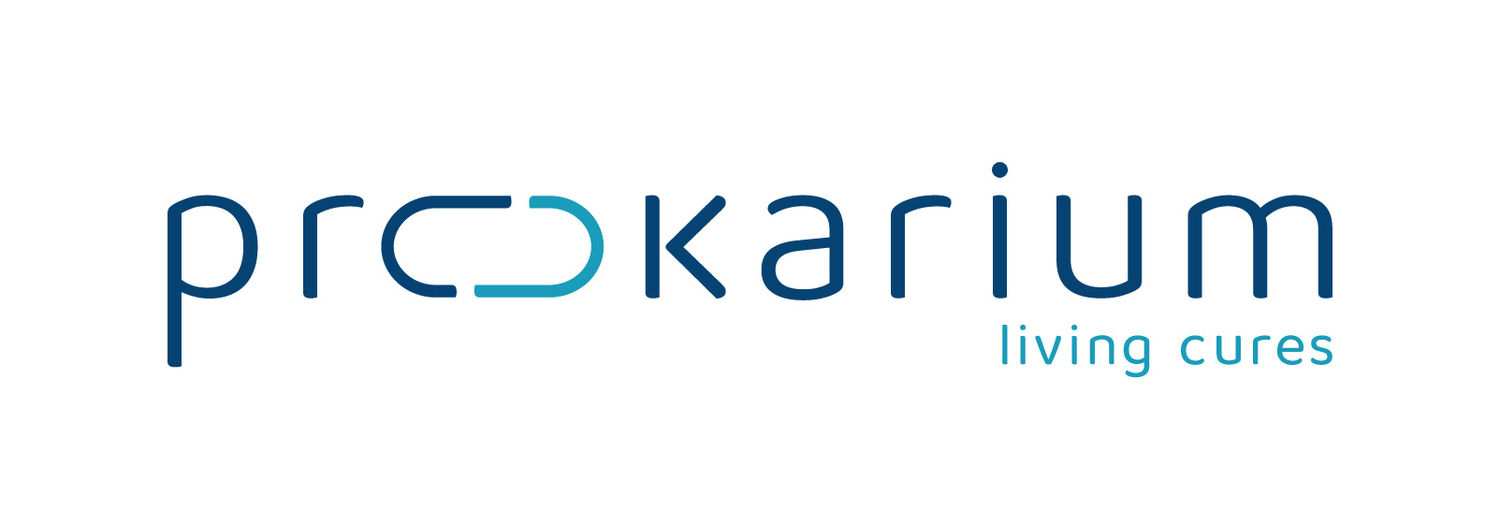预约演示
更新于:2025-05-07
Bivalent typhoid vaccine (Prokarium)
更新于:2025-05-07
概要
基本信息
原研机构 |
在研机构- |
非在研机构 |
权益机构- |
最高研发阶段无进展临床1期 |
首次获批日期- |
最高研发阶段(中国)- |
特殊审评- |
登录后查看时间轴
关联
1
项与 Bivalent typhoid vaccine (Prokarium) 相关的临床试验NCT04349553
A Phase I, Randomised, Double-blind, Placebo-controlled, Parallel Group Dose Escalation Study to Evaluate the Safety, Tolerability and Immunogenicity of a Potential Oral Enteric Fever Vaccine (ZH9 + ZH9PA) in Healthy Participants
A Phase 1, randomised, double-blind, placebo-controlled, parallel group study in 45 healthy participants aged 18 to 45 years inclusive.
开始日期2019-12-16 |
申办/合作机构  Prokarium Ltd. Prokarium Ltd. [+1] |
100 项与 Bivalent typhoid vaccine (Prokarium) 相关的临床结果
登录后查看更多信息
100 项与 Bivalent typhoid vaccine (Prokarium) 相关的转化医学
登录后查看更多信息
100 项与 Bivalent typhoid vaccine (Prokarium) 相关的专利(医药)
登录后查看更多信息
1
项与 Bivalent typhoid vaccine (Prokarium) 相关的文献(医药)2015-01-01·Infection and Immunity2区 · 医学
A Bivalent Typhoid Live Vector Vaccine Expressing both Chromosome- and Plasmid-Encoded Yersinia pestis Antigens Fully Protects against Murine Lethal Pulmonary Plague Infection
2区 · 医学
Article
作者: Pasetti, Marcela F. ; Galen, James E. ; Mellado-Sanchez, Gabriela ; Nataro, James P. ; Wang, Jin Yuan ; Carrasco, Jose A. ; Diaz-McNair, Jovita ; Lloyd, Scott A. ; Buskirk, Amanda D. ; Franco, Olga
1
项与 Bivalent typhoid vaccine (Prokarium) 相关的新闻(医药)2023-02-13
·药明康德
近日,肿瘤学领域的微生物免疫疗法生物医药公司Prokarium宣布,在近期达成合作协议,获得达3000万美元的融资。新闻稿指出,此次获得的资金将用于支持两个项目,一个是该公司用于治疗非肌层浸润性膀胱癌(NMIBC)的候选药物的临床开发,以及一种利用细菌转染(bactofection)平台进行递送的RNA疗法的开发。
Prokarium的使命是通过重新进化过程,构建合成生物学平台,以解锁新一代免疫肿瘤学疗法。其主要项目专注于通过调动免疫驱动的持久性抗肿瘤作用来改变膀胱癌的治疗范式。在膀胱癌的治疗领域中,自卡介苗(BCG)在上世纪80年代取代手术切除,成为治疗早期原位膀胱癌的首选疗法以来,30多年鲜有创新。Prokarium的首席执行官Kristen Albright女士在行业媒体Endpoints News的采访中表示,BCG疗法需要连续6周每周进行一次给药,后续还需要额外的维持治疗。Prokarium希望为膀胱癌患者开发先进的改善疗法,并努力成为该领域的新标准治疗。Prokarium正在计划其NMIBC候选疗法的早期剂量递增试验,并预计今年下半年启动试验。
图片来源:123RF
Prokarium计划推进的第二个项目建立在其掌握的RNA疗法、基于病毒的基因疗法和细菌疗法的专业能力基础上,设计一个基于沙门氏菌的细菌转染平台,用于递送治疗癌症的RNA有效载荷。
目前,绝大多数的基因疗法都需要利用到递送系统。尽管近年来这些系统已经在不断地进行优化,但这些递送载体具有的毒性和靶向问题依然限制了其被广泛应用。细菌转染是细菌将遗传物质转移到哺乳动物细胞中的过程。在细菌转染中,细菌(如沙门氏菌)天然具有的肿瘤定植特性可以通过基因操纵进行调整,有望成为一种能够向患者递送基因疗法有效载荷的替代递送系统。
Prokarium的首席执行官Kristen Albright女士在新闻稿中表示:“我们很高兴能够推进我们的愿景——创造出活的疗法。本次融资将支持我们主要肿瘤学项目在今年进入临床开发,并扩展基于我们用于递送新型治疗载荷(例如RNA)的专有细菌平台。通过合作所获得的菌株工程化和优化方面的专业知识,我们期待解锁新一代免疫肿瘤学疗法。
参考资料:[1] Prokarium Announces $30 Million Financing to Deliver Lead Program into Clinic and Build Novel Therapeutic Platform. Retrieved February 10, 2023, from https://www.businesswire.com/news/home/20230209005006/en/Prokarium-Announces-30-Million%5B%E2%80%A6%5Dd-Program-into-Clinic-and-Build-Novel-Therapeutic-Platform[2] Prokarium raises $30M, pushes new bacteria immunotherapy for bladder cancer to clinic. Retrieved February 10, 2023, from https://endpts.com/prokarium-raises-30m-pushes-new-bacteria-immunotherapy-for-bladder-cancer-to-clinic/[3] Prokarium and Ginkgo Bioworks Announce Partnership to Discover Multiple Targets for RNA Therapeutics and Immuno-oncology. Retrieved February 10, 2023, from https://www.prnewswire.com/news-releases/prokarium-and-ginkgo-bioworks-announce-partnership-to-discover-multiple-targets-for-rna-therapeutics-and-immuno-oncology-301715856.html
内容来源于网络,如有侵权,请联系删除。
微生物疗法基因疗法免疫疗法临床研究
100 项与 Bivalent typhoid vaccine (Prokarium) 相关的药物交易
登录后查看更多信息
研发状态
10 条进展最快的记录, 后查看更多信息
登录
| 适应症 | 最高研发状态 | 国家/地区 | 公司 | 日期 |
|---|---|---|---|---|
| 伤寒 | 临床1期 | 英国 | 2019-12-16 |
登录后查看更多信息
临床结果
临床结果
适应症
分期
评价
查看全部结果
| 研究 | 分期 | 人群特征 | 评价人数 | 分组 | 结果 | 评价 | 发布日期 |
|---|
No Data | |||||||
登录后查看更多信息
转化医学
使用我们的转化医学数据加速您的研究。
登录
或

药物交易
使用我们的药物交易数据加速您的研究。
登录
或

核心专利
使用我们的核心专利数据促进您的研究。
登录
或

临床分析
紧跟全球注册中心的最新临床试验。
登录
或

批准
利用最新的监管批准信息加速您的研究。
登录
或

特殊审评
只需点击几下即可了解关键药物信息。
登录
或

生物医药百科问答
全新生物医药AI Agent 覆盖科研全链路,让突破性发现快人一步
立即开始免费试用!
智慧芽新药情报库是智慧芽专为生命科学人士构建的基于AI的创新药情报平台,助您全方位提升您的研发与决策效率。
立即开始数据试用!
智慧芽新药库数据也通过智慧芽数据服务平台,以API或者数据包形式对外开放,助您更加充分利用智慧芽新药情报信息。
生物序列数据库
生物药研发创新
免费使用
化学结构数据库
小分子化药研发创新
免费使用